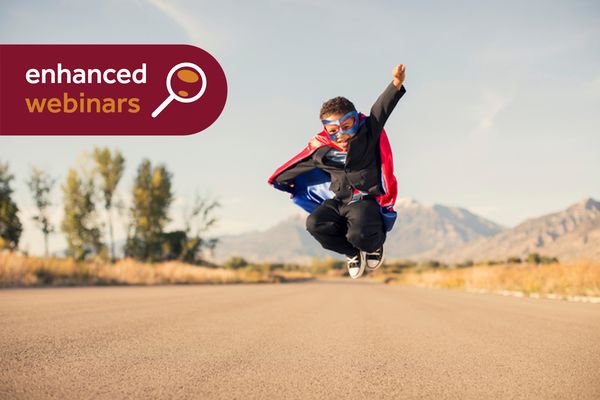Written by our partners at Sleepstation
Scientists have long understood the importance of getting enough sleep, however the key role of light exposure on sleep can sometimes be overlooked.
Exposure to natural daylight has many beneficial effects on our health and wellbeing, particularly by being outside in the fresh air.
why is daylight important?
Light is important because it sets our circadian rhythm, or body clock, through light sensors within our eyes.
The most obvious function of light and dark is to tell our bodies and brains when to be asleep and when to be awake. Light, in particular sunlight, is the primary zeitgeber (time giver/setter) for the brain and body. It only takes a few minutes of exposure to daylight to tell our brain that it's time to be awake.
Our eyes detect the light and dark cycle within our environment and adjust our body clock to match it.
Without any light cues, if we’re kept in complete darkness, the human body clock appears to drift, adding about 30 minutes to its 24-hour cycle for each day of complete darkness.
Most people will have seen this in action if they’ve travelled across time zones and experienced jetlag. Exposure to light in the new time zone helps reset our body clock to local time, naturally telling us the right time to sleep.
“Not enough time for our own wellbeing. Especially at the moment with the combination of work from home and home schooling. Lost the old routine, such as walking to work, going to gym and so exercise levels have dropped. Don't get enough sleep, as not enough hours in the day.”
why are we spending less time outdoors?
As a society, we spend far too much of our time indoors. For some, the journey to and from work or school was the only time they spent outside. With many of us working from home, exposure to daylight is thought to be on the decline.
We have become a light deprived species, and this has far reaching consequences for the quality of our sleep, and consequently our wellbeing. The optimum amount varies from person to person, but we do know that our bodies need exposure to very bright light that the majority of indoor lighting does not provide.
how does light benefit us?
When we are exposed to appropriate levels of blue light in the morning and we avoid blue light in the evening, for example, that emitted from lamps, TV and computer monitors and "gadgets", this can have a powerful effect on improving our sleep.
Windows are a source of both daylight and views, and it seems natural that the presence of windows at work would be related to improved mood and work performance.
Studies have shown that access to a window reduced negative mood in some people. A study of 141 nurses found that those who were exposed to daylight for at least 3 hours a day experienced less stress and were more satisfied at work. Another study showed 43% of staff rated an increased natural light in a new workplace as having a very positive impact on their work-life, and 27% rated it as having a positive impact.
Research has also found that office occupants preferred daylight over electric lighting for psychological comfort, general health, visual health, and work performance. Greater exposure to sunlight has also been linked to higher job satisfaction.
Studies have demonstrated the importance of light in reducing depression, decreasing fatigue, improving alertness and modulating circadian rhythms. Having windows in the workplace and access to daylight have been linked with increased satisfaction with the work environment.
why vitamin D is crucial
However, sitting by a window is not good enough to get the full benefit of light in one crucial regard: the synthesis of vitamin D. This vitamin is vital for the body as it is needed to help absorb calcium which is a critical mineral in the formation of hardened bones. There is also data that shows that correct vitamin D levels can help protect against acute respiratory infections. More than 90% of the vitamin D requirement for most people comes from photosynthesis via casual exposure to sunlight. Most people will synthesise enough vitamin D by simply being out in the sun daily for short periods, especially between 11 am to 3 pm. One of the main problems with getting vitamin D in our modern society is that that we spend so much of our time indoors. We cannot photosynthesise vitamin D if we're sitting indoors, even if it is besides a sunny window, because the requisite ultraviolet B (UVB) light is blocked by the glass.
Our food can also be an important source of vitamin D, especially in winter or if we are unable to get outside. Foods that contain vitamin D include oily fish (such as salmon, sardines, pilchards, trout, herring, kippers and cod liver oil), egg yolk, meat, offal and milk. Some foods such as certain breakfast cereals are also fortified with vitamin D.
It is essential for good physical, mental and emotional health to get some outdoor exposure to daylight or eat foods that contain vitamin D. Adequate exposure to light will also have a beneficial impact on your sleep.




